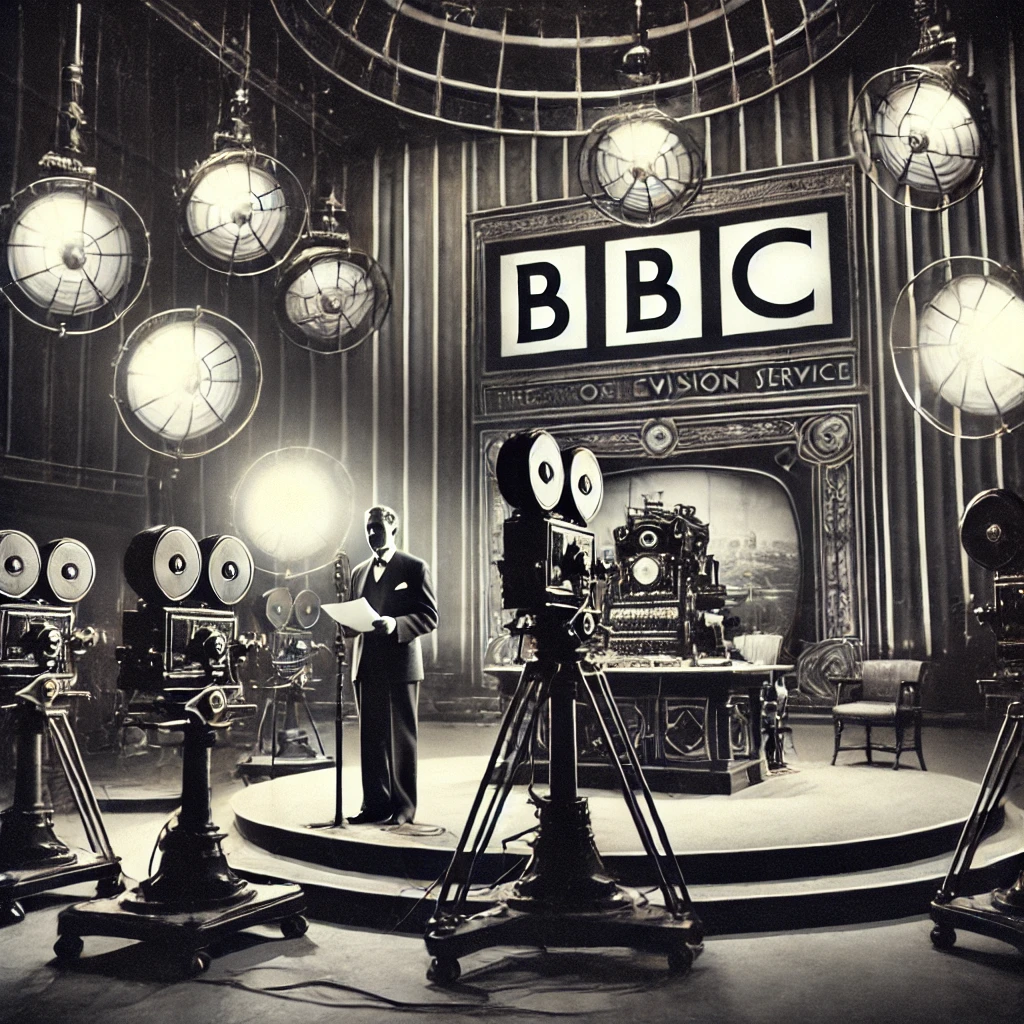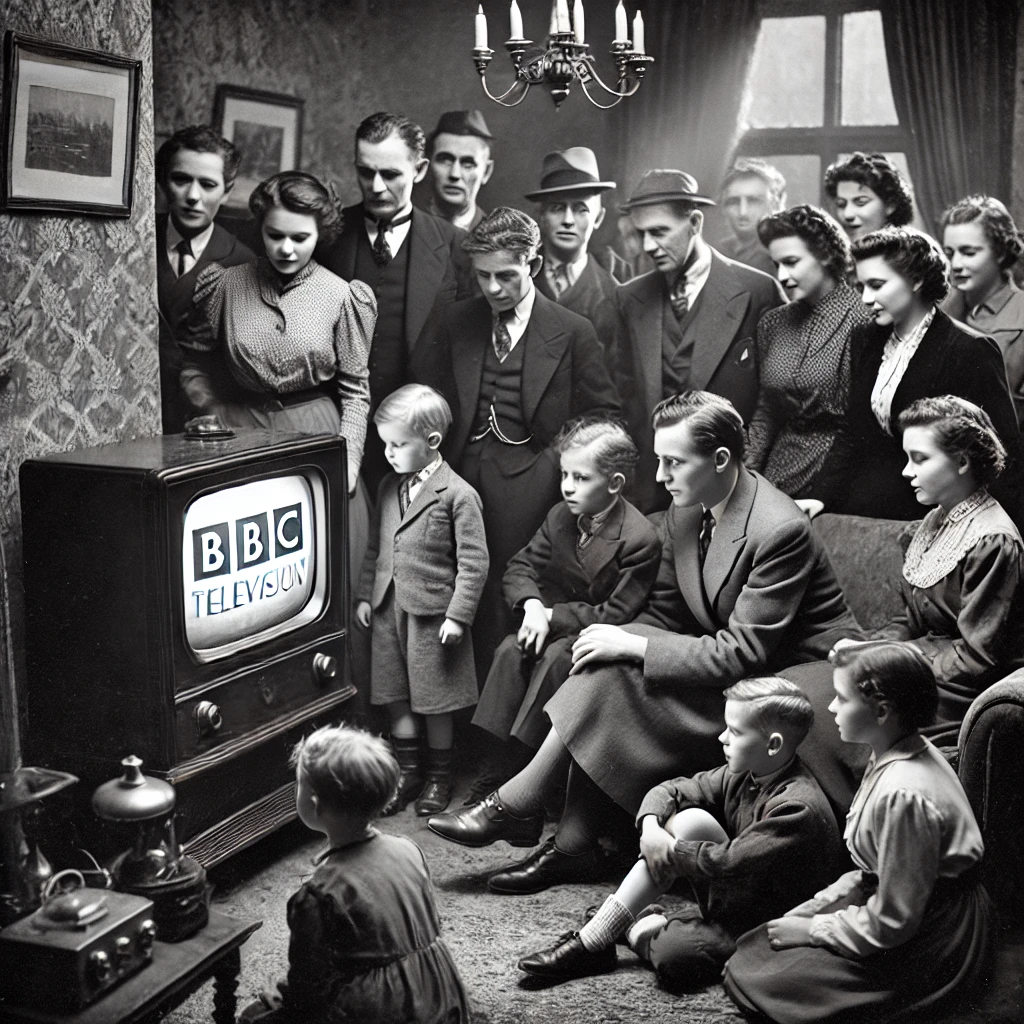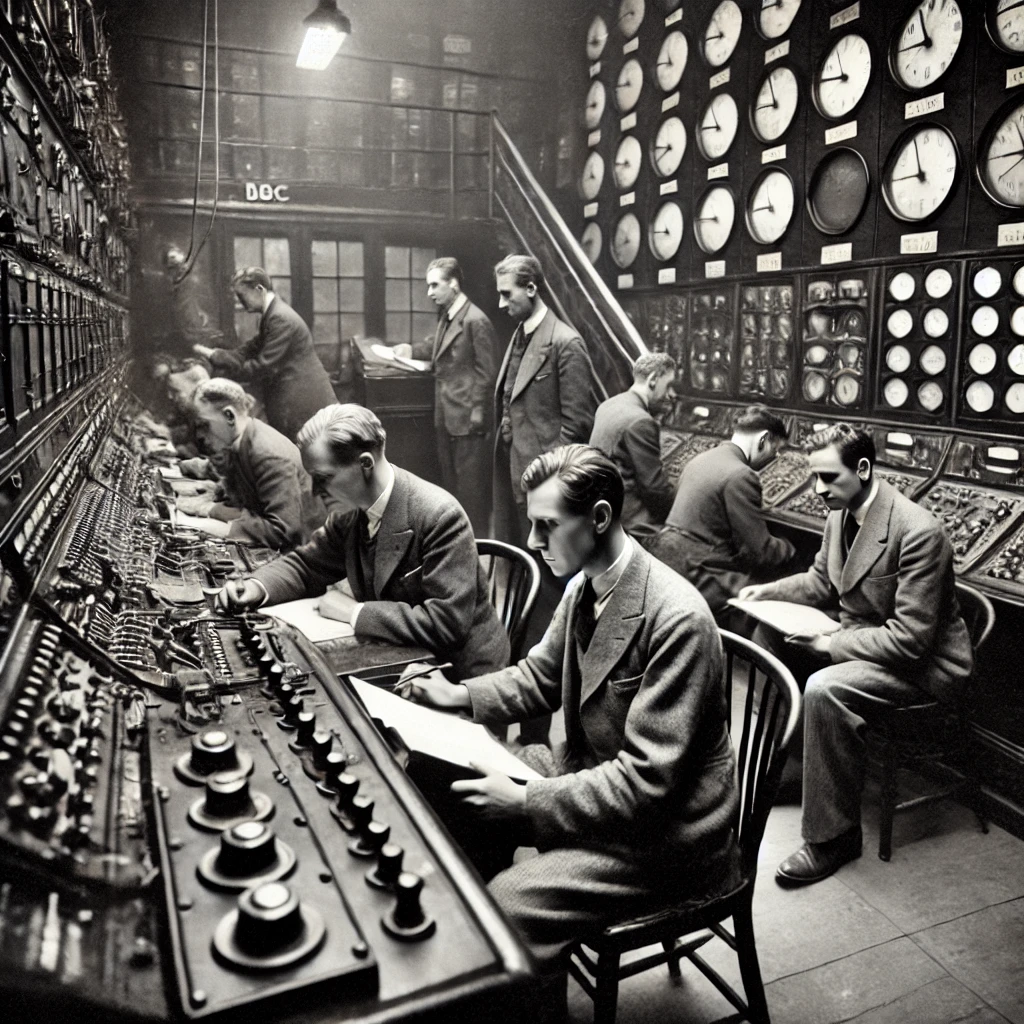On November 2, 1936, the British Broadcasting Corporation (BBC) officially launched its first television channel, marking a significant milestone in the history of media. This launch not only established the BBC as a pioneer in broadcasting but also set the foundation for television as a dominant medium of communication and entertainment worldwide. The BBC’s service became the first regular television broadcast, changing the way people consumed news, entertainment, and information.

The Birth of Regular Television Broadcasting
The decision to launch a television channel came after years of experimentation and technological advancements in the field of broadcasting. The BBC had been exploring television since the 1920s, but it was not until the mid-1930s that the technology had progressed sufficiently to offer a regular service. The first transmission was made from Alexandra Palace in London, utilizing a new high-definition television system that allowed for clearer images and sound.
The initial broadcasts featured a mix of programming, including news, dramas, and variety shows. The first televised program, “Television Newsreel,” showcased news stories of the day, while entertainment programs introduced viewers to the emerging world of televised performance. The BBC’s commitment to quality content set a high standard for television programming and demonstrated the potential of this new medium.

Impact on Society and Culture
The launch of BBC television had a profound impact on British society and culture. For the first time, audiences could experience events as they happened, from news reports to cultural performances, all from the comfort of their homes. The immediacy of television transformed how people received information, making news more accessible and engaging. This shift fostered a greater sense of connection among viewers and contributed to the emergence of a shared national identity.
Television also became a platform for education and entertainment, significantly influencing popular culture. The BBC introduced innovative programming that appealed to a wide audience, setting the stage for the diversity of content that television offers today. The ability to broadcast live performances and events made it possible for the public to engage with the arts and current affairs like never before, democratizing access to cultural experiences.
A Lasting Legacy in Broadcasting
The BBC’s launch of its television channel in 1936 laid the groundwork for the development of broadcasting as we know it today. As television technology continued to evolve, so too did the content and delivery methods. The BBC set a standard for public broadcasting that emphasized quality, impartiality, and educational value, principles that remain integral to its mission.

The influence of the BBC’s pioneering efforts can be seen in television networks around the world. The organization’s commitment to public service broadcasting has inspired many nations to develop similar systems, ensuring that television remains a vital medium for information and entertainment. The legacy of the BBC’s first television broadcast continues to shape the landscape of media, highlighting the power of television to inform, entertain, and connect people across generations.
The launch of the BBC’s first television channel on November 2, 1936, marked a transformative moment in the history of media and communication. As the world’s first regular television service, it set the stage for the development of broadcasting as a cultural cornerstone in society. The impact of this pioneering event resonates to this day, as television continues to play a crucial role in shaping public discourse, culture, and entertainment. Reflecting on this significant milestone reminds us of the evolution of media and its profound influence on our lives, fostering a greater appreciation for the power of storytelling through the screen.
